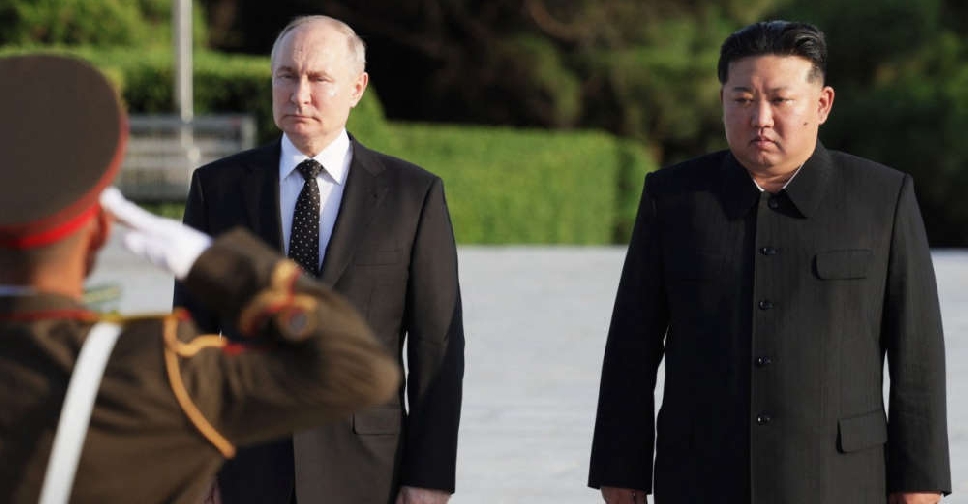
North Korea and Russia agreed to provide immediate military assistance if either faced armed aggression, under a pact their leaders signed during Russian President Vladimir Putin's first visit in 24 years.
The pledge is seen as the revival of a mutual defence agreement under a 1961 treaty adopted by the Cold War allies that was annulled in 1990 when the Soviet Union established diplomatic ties with South Korea.
The agreement for a "comprehensive strategic partnership" signed by Russian President Vladimir Putin and North Korean leader Kim Jong Un on Wednesday is one of the highest-profile moves in Asia by Moscow in years.
"If either side faces an armed invasion and is in a state of war, the other side will immediately use all available means to provide military and other assistance in accordance with Article 51 of the U.N. Charter and the laws of each country," Article 4 of the agreement says.
Article 51 of the U.N. Charter provides for the right of a member country to take individual or collective self-defence actions.
The pledge by the leaders of the two countries, which are facing increasing international isolation, comes amid growing concern among the United States and its Asian allies over how much Russia would support North Korea, the only country to have tested a nuclear weapon this century.
Kim echoed Putin's statement explicitly linking their deepening ties to fighting the "hegemonic and imperialist" policies of the West and the United State in particular, including its support for Ukraine.
The agreement also said neither side would sign any treaty with a third country that infringes on the interests of the other and will not allow its territory to be used by any country to harm the other's security and sovereignty, KCNA said.
The two countries will take joint actions aimed at "strengthening defence capabilities to prevent war and ensure regional and international peace and security", it said.
South Korea and the White House did not immediately have comment on the reported content of the agreement.
Japan expressed "grave concerns" about Putin's vow not to rule out cooperation with Pyongyang on military technology.
The reaction from China, the North's main political and economic benefactor, has been muted.
Washington and Seoul have been increasingly alarmed by deepening military cooperation between Russia and the North, and have accused the two of violating international laws by trading in arms for use in Moscow's war against Ukraine. Ukrainian officials have said they have found North Korean missile debris inside their country.
Russia and North Korea deny any arms trade.
Ukrainian presidential aide Mykhailo Podolyak said Russia, a U.N. Security Council permanent member, has allowed "the most brazen nullification" of all sanctions imposed on North Korea to stop its weapons development.
NATO Secretary General Jens Stoltenberg said the pact showed authoritarian powers are aligning.
On his first visit to Pyongyang since 2000, Putin thanked Kim for the support for Russian policy, and Kim reaffirmed "unconditional" and unwavering support for "all of Russia's policies" including Putin's war with Ukraine.
KCNA on Thursday released the full text of the agreement, which also included cooperation on nuclear energy, space exploration, food and energy security.
Cha Du Hyeogn, a former South Korean government official who is now a fellow at Asan Institute for Policy Studies in Seoul, said the mutual defence pledge is similar to the one in the 1961 treaty between the North and the Soviet Union.
But the reference to the U.N. Charter and each country's laws is open for interpretation and it was not clear whether the agreement would constitute an alliance, he said.
"It comes from Kim wanting to put everything in for this agreement, while Putin is being reluctant to do so," Cha said.




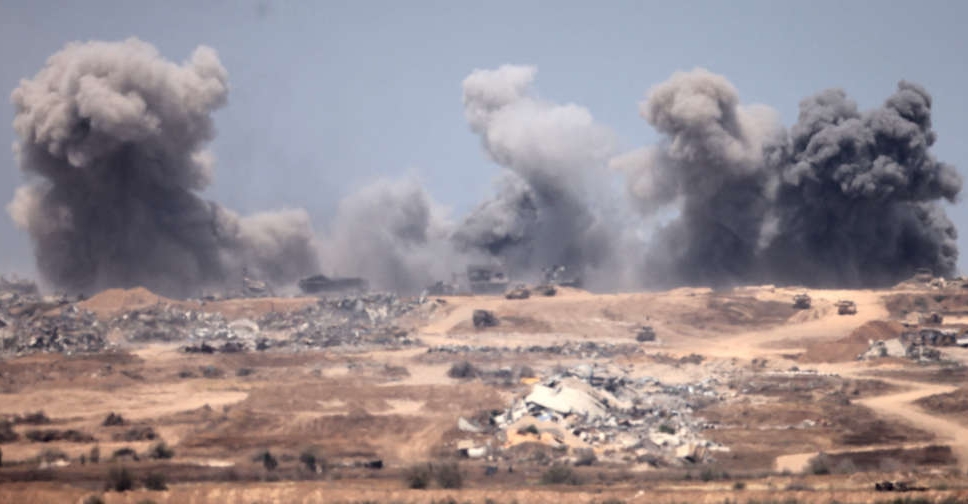 Qatari PM: Ceasefire talks on Gaza show signs of progress
Qatari PM: Ceasefire talks on Gaza show signs of progress
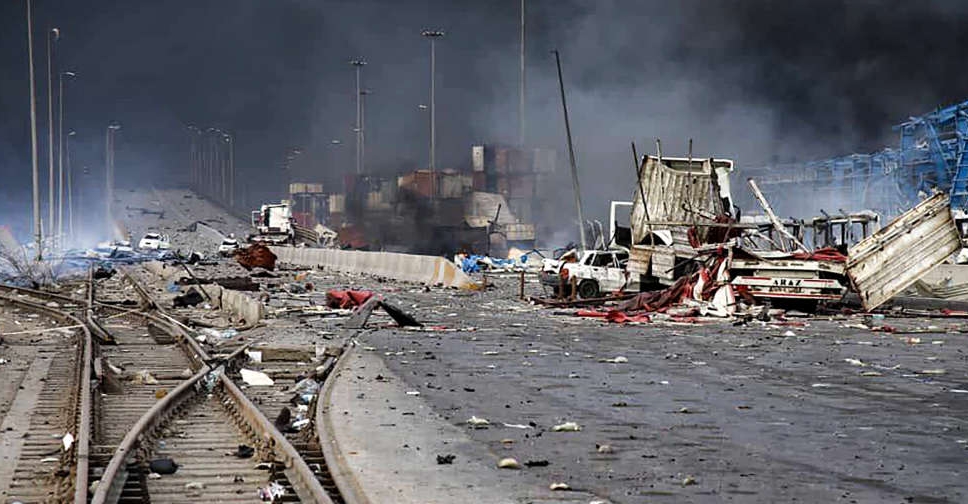 More than 700 injured in Iran's explosion
More than 700 injured in Iran's explosion
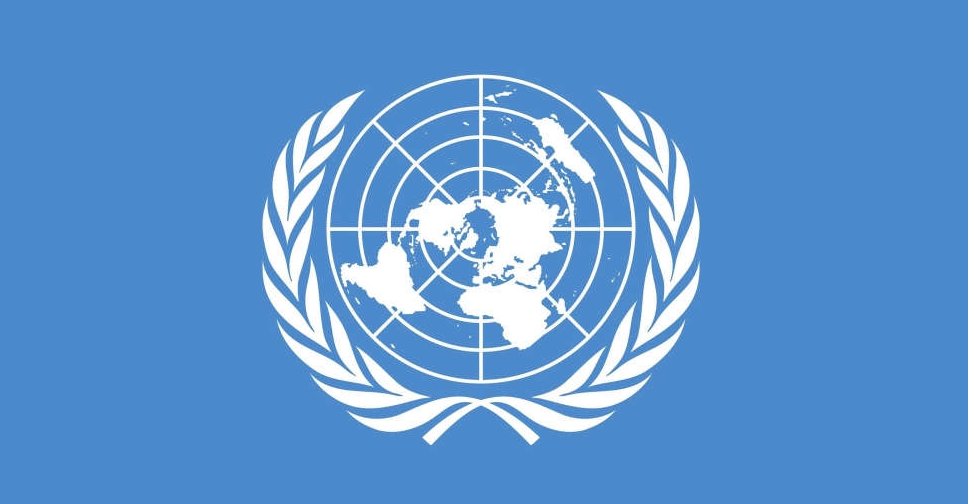 UN warns funding cuts threaten vital aid
UN warns funding cuts threaten vital aid
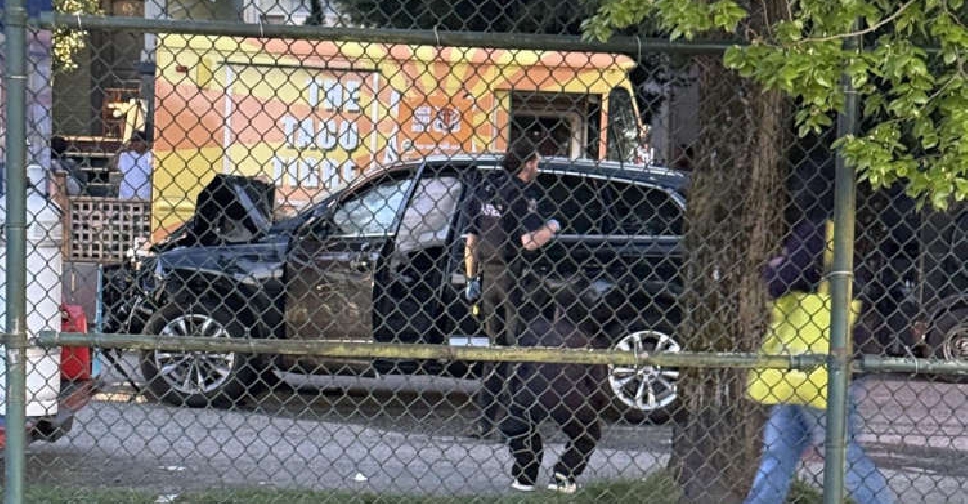 Multiple dead in Vancouver after vehicle plows into street festival
Multiple dead in Vancouver after vehicle plows into street festival


